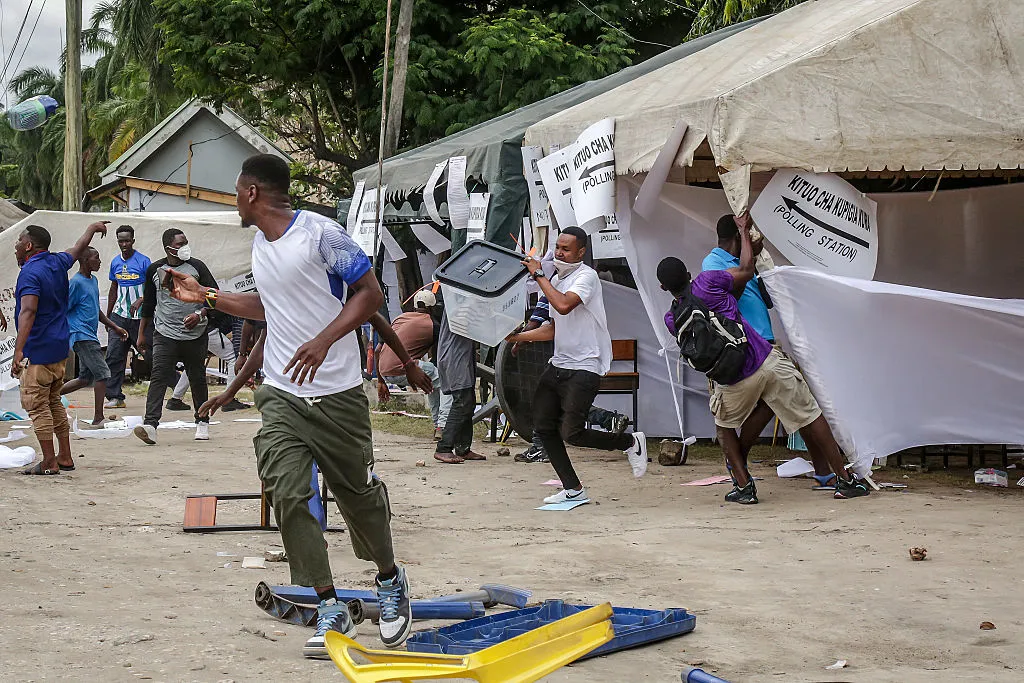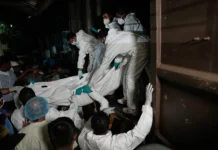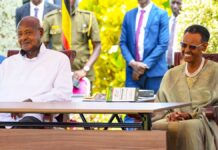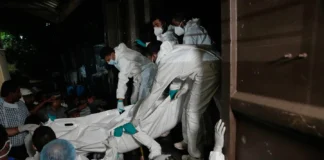Tanzania is reeling from its deadliest political unrest in decades, following a disputed election that handed President Samia Suluhu Hassan an overwhelming victory.
The turmoil has fractured the country’s long-standing image as one of Africa’s most peaceful nations and drawn sharp criticism from regional bodies.
During her inauguration on Monday, President Samia defended the election as free and transparent, while conceding that lives were lost during the unrest.
She blamed foreign interference for the deadly protests, even as families continued to search for missing loved ones and bury their dead.
Analysts say the chaos reflects years of suppressed anger under the ruling Chama Cha Mapinduzi (CCM) party. “The protests were the result of frustrations that have built up over decades,” said renowned political cartoonist Godfrey Mwampembwa, better known as Gado.
The violence marks a sharp reversal for Samia, who initially drew praise when she succeeded John Magufuli in 2021, promising reconciliation and reform. Her leadership, once seen as a breath of fresh air, is now criticised for adopting increasingly repressive tactics as she tightens her grip on power.
The exclusion of two main opposition figures from the ballot—one detained on treason charges—fueled accusations of a rigged process. “You do not jail your opponents; you win over the people,” said Kenyan political analyst Peter Kagwanja.
Reports of abductions, assassinations and intimidation marred the run-up to the election, while a nationwide internet shutdown and curfew deepened fears of state control.
Observers from the African Union and the Southern African Development Community concluded that the vote fell short of democratic standards, citing ballot irregularities and systematic repression.
“Tanzania’s myth of calm and exceptionalism has collapsed,” wrote commentator Charles Onyango-Obbo.
Once celebrated as a reformer, President Samia now faces growing international criticism and domestic mistrust. Her challenge, analysts warn, is not to secure another term but to rebuild faith in Tanzania’s democracy.
Without meaningful reform and dialogue, the country’s celebrated calm may have given way to a prolonged season of unrest and uncertainty.



















